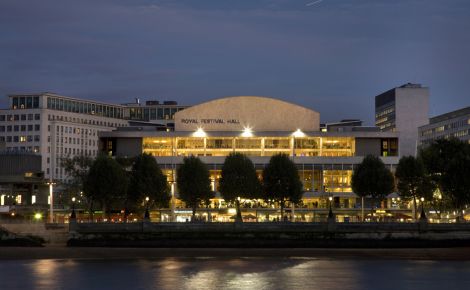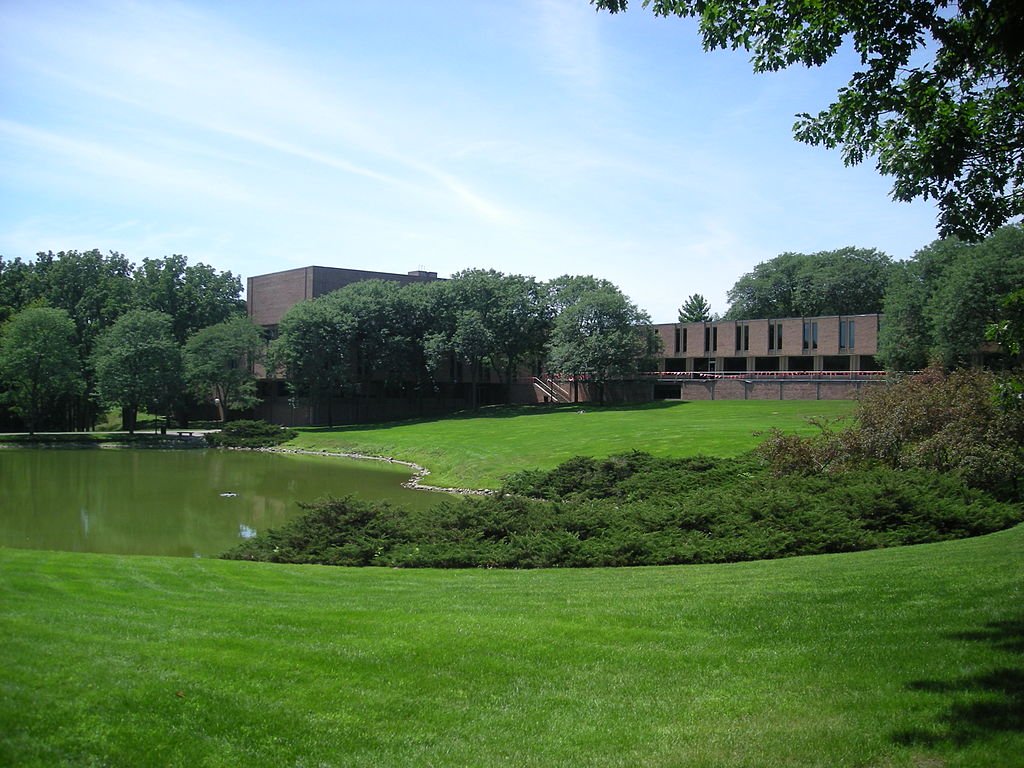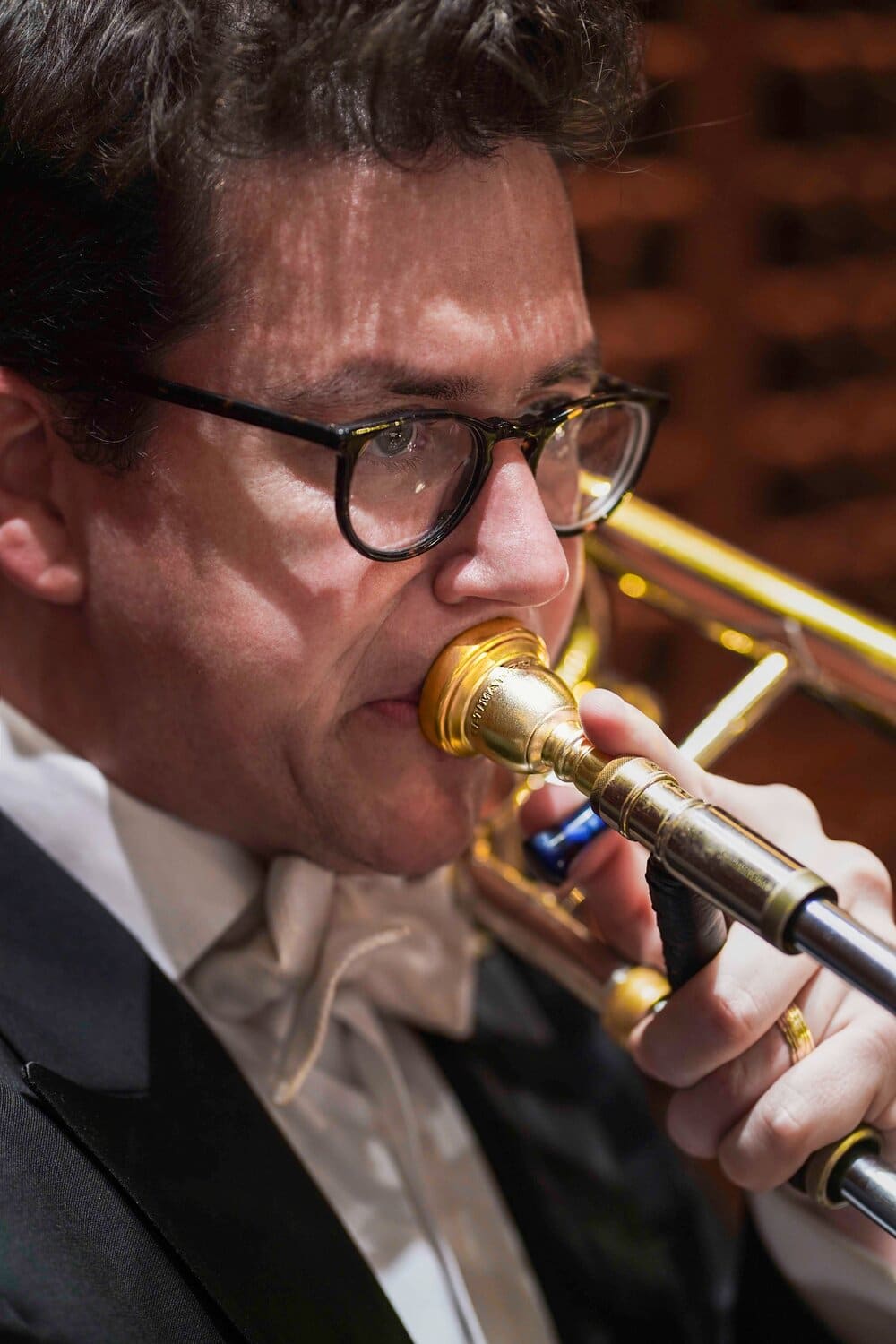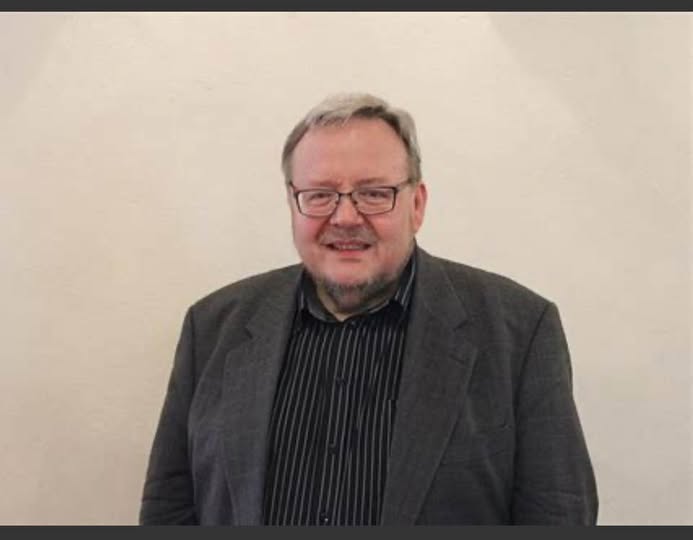Playing old composers’ music as if the dew were still on it
NewsAlastair Macaulay’s latest review of the Philharmonia’s 75th season:
Santtu Conducts Tchaikovsky 2021.xii.05
by Alastair Macaulay
The Philharmonia Orchestra’s autumn 2021 Human/Nature season has now run its course, ending on Thursday 2 with Beethoven’s Pastoral. Not so the orchestra’s principal conductor, Santtu-Mathias Rouvali, still new to the post, still young (35), and still Puckish through Sunday’s night’s triple bill.
I marvel to reflect that Rouvali (the first syllable apparently rhymes with “now”) is almost a century younger than the oldest maestros of my early concert-going days (Adrian Boult, Karl Böhm): it makes me deeply happy that he’s playing dead composers’ music as if the dew were still on it. He’s not unduly reverential; he’s on no ego trip; and his manners are generous, exciting, and modest.
In late September, when reviewing his opening Human/Nature concert, I quoted my companion, an old friend, describing Rouvali as demonstrating “precise flamboyance”. But I misquoted: my friend’s actual phrase was “flamboyant precision”, a description more accurate and interesting. Rouvali is a very exact conductor – listen to the marvellously staccato (meaning cut-off rather than abruptly attacked) way he ends phrases – but he’s also compelling in the seemingly flamboyant scrolling gestures he gives to the legato current that precedes those endings.
On Sunday 5 afternoon, he conducted a concert titled “Santtu Conducts Tchaikovsky.” This was a misnomer. Its first, and longer, half featured the thoroughly pre-Tchaikovsky composer Rossini and the interestingly post-Tchaikovsky Rachmaninov. And, although few could love the “Nutcracker Suite” more than I, it’s fair to say the name “Tchaikovsky” must lead an audience to expect a larger work by this great composer.
Chronologically and geographically, the concert spanned from the “Semiramide” overture (1823, Venice), by way of the “Nutcracker” Suite (1892, St Petersburg), to Rachmaninov’s third piano concerto, in D minor (1909, New York). These three scores don’t have much to connect them – but that meant the concert’s stylistic diversity was a handsome display of versatility in both Rouvali and Philharmonia.
Rossini’s “Semiramide” overture, marvellously scored, is a nicely outrageous example of how that world-conquering composer knew how to set the scene while whipping up excitement. Its initial drama suggests the pompous tension of corridors of power, the lyricism of private emotion, and the development of political and personal crises. And then, finally, he indulges us with one of those many (almost interchangeable) Rossinian crescendi. Curtain up in excelsis!
In the Rachmaninov concerto, Sunday’s pianist was Yefim Bronfman, superb in both lyrical contemplation and in thundering brilliance. True, neither he nor orchestra quite persuaded me that the first two movements, often so Hollywood in their various moods, are deeply absorbing; but the various rhythms and melodic currents of the finale worked up new forces and depths. The ovation was immense. Bronfman, touching in thanking Rouvali and orchestra, finally settled down with a Chopin encore, a beautifully paced contrast to Rachmaninov’s stormy weather.
Because Rouvali and the Philharmonia have recorded the complete “Swan Lake”, it’s reasonable to wish they’d play the whole of “The Nutcracker”. Its suite may seem to be the ballet’s highlights, but anyone who has heard the whole ballet knows that its real peaks – the passages that transform the ballet’s scale form childhood to the sublime – are the Christmas tree music and post-battle transformation music (“Scène”) of Act One, and the Sugarplum adagio of Act Two. Apart from those epic aspects, however, the whole ballet has greater interplay of rhythm than any choreographer can possibly catch, with amazing feats of syncopation and counterpoint. May this conductor and this orchestra tackle a whole “Nutcracker” next Christmas season.
I want this all the more because they made the Suite a thing of wonders. Tchaikovsky’s fabulous gifts as an orchestrator are nowhere more abundant than here. Woodwind, percussion, brass all have scintillating opportunities. (I was entranced to watch the stealthy way one percussionist secreted his tambourine in his lap for the Arabian dance, coolly tapping its rhythms as just the most furtive layer of this heady essay in exotic allure.) Most ravishing of all, during the Waltz of the Flowers, was the sequence when Tchaikovsky gives his most poignant melodic line to the cellos while the violins play pizzicati. The sense of deep emotion transforms the whole waltz without for a moment interrupting its torrential flow.






Comments